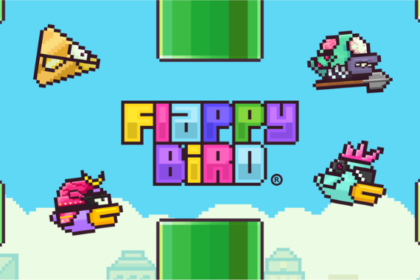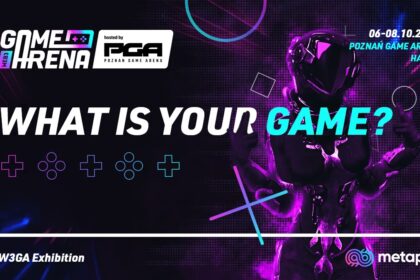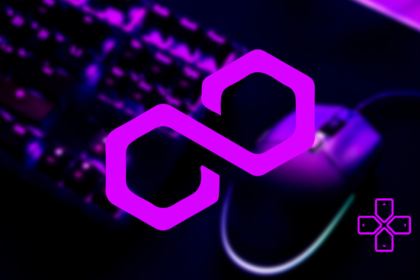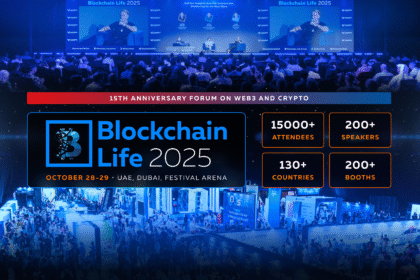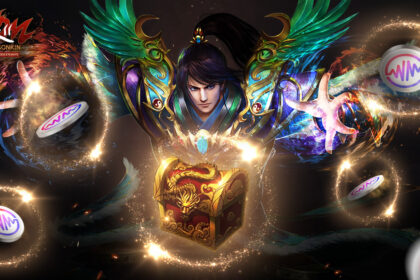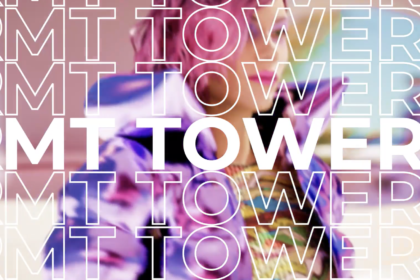Among the 13 announced cryptocurrency systems that were introduced to Unity’s asset store were the blockchains Solana and Tezos.
In order to help developers interested in Web3 technology to streamline decentralization efforts, Unity’s video game production engine has integrated a slew of crypto platforms into its asset store.
Unity said on February 28 that it had added a new “Decentralization” category page to its asset store, complete with “vetted” crypto platforms to assist developers looking to include decentralization into their games.
One of the 13 platforms included in the store was MetaMask, a provider of cryptocurrency wallets. Its software development kit (SDK) was added to assist developers in enabling customers to connect their MetaMask wallet to “any game produced on Unity.”
For those looking to create Web3 games on the Ethereum blockchain, blockchains like Solana and Tezos as well as the developer platform ImmutbleX had their SDKs added to the shop.
According to Unity, the integrations will provide developers the ability to change the “models of ownership” in games and give players the ability to produce, earn, or acquire in-game commodities that can then be sold or exchanged.
In January 2023, gamers accounted for nearly half (48%) of all blockchain activity, according to a recent DappRadar analysis.
According to the survey, media attention to Web3 gaming-related announcements and stories has increased engagement.
Blockchain gaming is already “a vertical” in the established market, according to Sara Gherghelas, a blockchain analyst at DappRadar. Web3 games will “become popular,” according to Gherghelas, as blockchain technology obtains more traction and attracts “greater usage.”
The “biggest problem” with blockchain gaming at the present, according to Kieran Warwick, co-founder of Illivium, is bringing in “casual gamers” due to the idea that blockchain games are of “poor quality,” he told.




